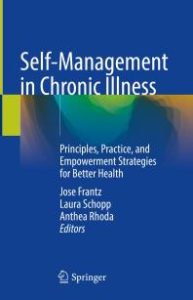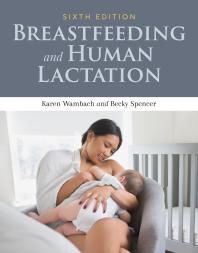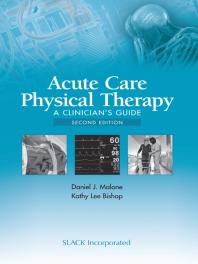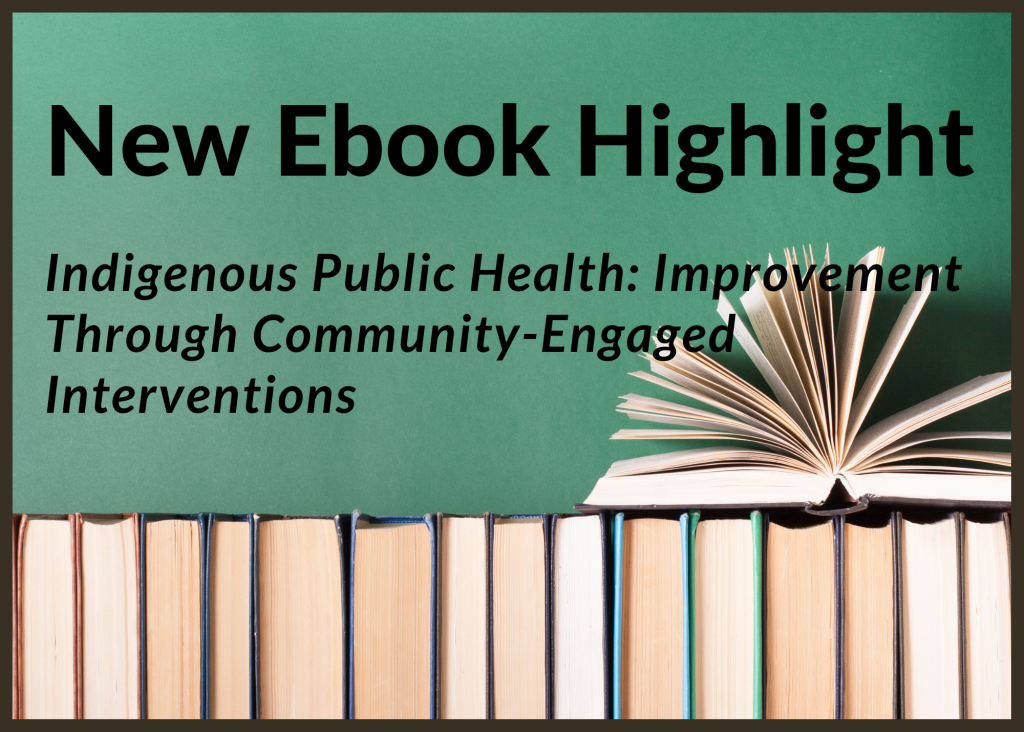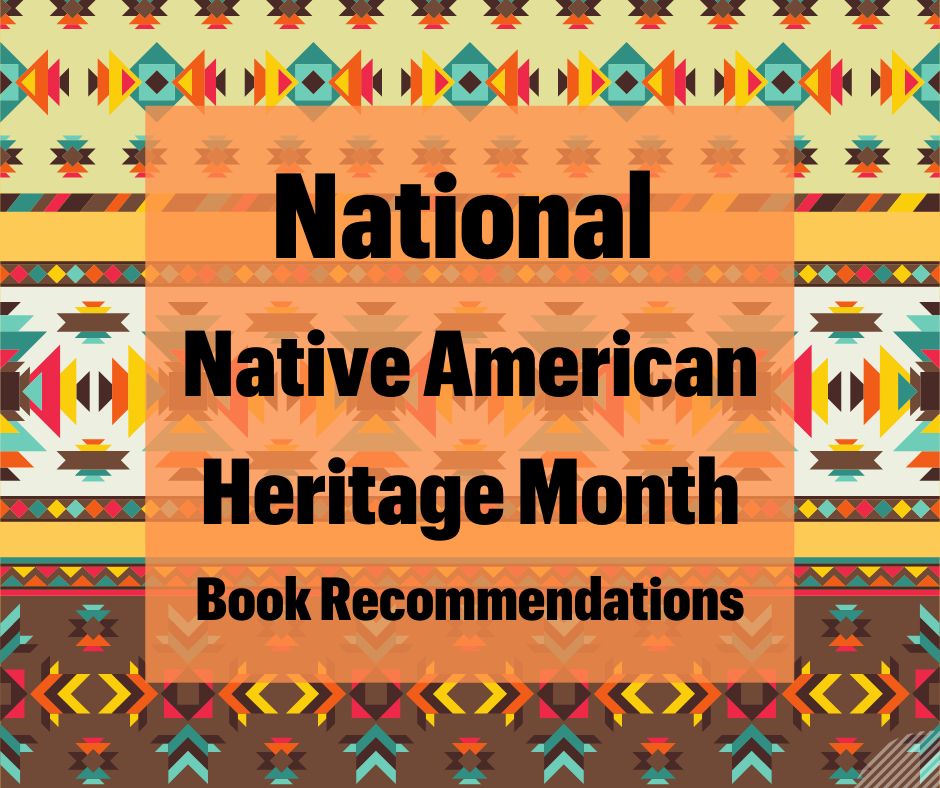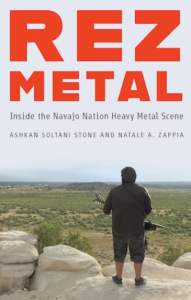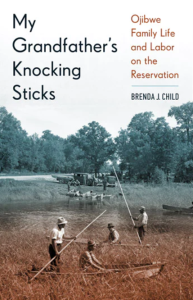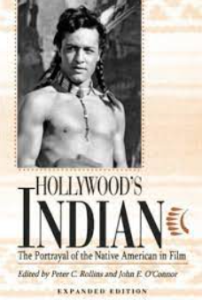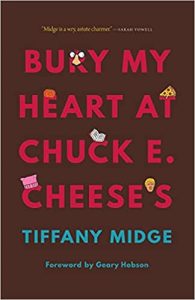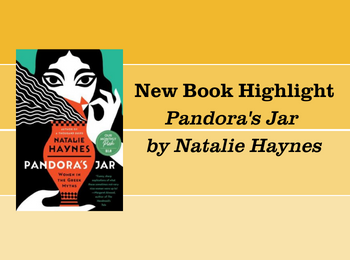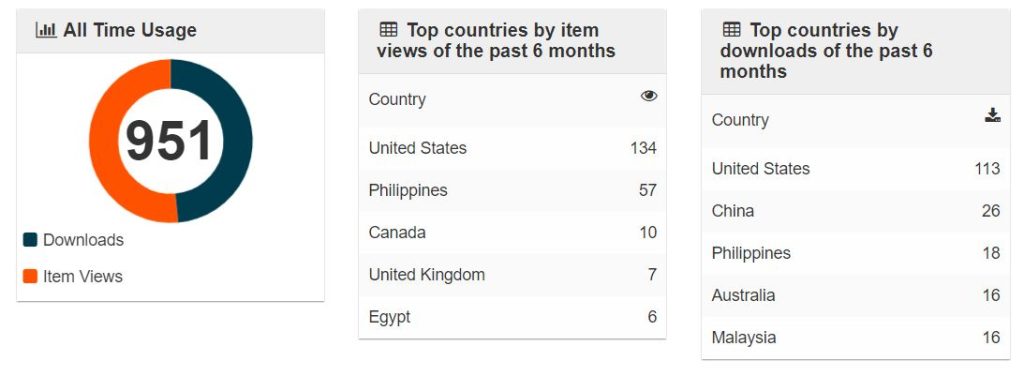Below is a list of recently published Pubmed articles from the University of Missouri related to COVID-19.
If you need assistance accessing the articles, please email asklibrary@health.missouri.edu.
Pubmed collection of MU authored COVID articles
Daripa B, Lucchese S. Unusual Presentation of COVID-19 Headache and Its Possible Pathomechanism. Cureus. 2022;14(9):e29358. Epub 20220920. doi: 10.7759/cureus.29358. PubMed PMID: 36284805; PMCID: PMC9583707.
Gregory DA, Trujillo M, Rushford C, Flury A, Kannoly S, San KM, Lyfoung DT, Wiseman RW, Bromert K, Zhou MY, Kesler E, Bivens NJ, Hoskins J, Lin CH, O’Connor DH, Wieberg C, Wenzel J, Kantor RS, Dennehy JJ, Johnson MC. Genetic diversity and evolutionary convergence of cryptic SARS- CoV-2 lineages detected via wastewater sequencing. PLoS Pathog. 2022;18(10):e1010636. Epub 20221014. doi: 10.1371/journal.ppat.1010636. PubMed PMID: 36240259; PMCID: PMC9604950.
Hussaini H, Rogers S, Kataria S, Uddin K, Mohamed KH, Mohamed AS, Tariq F, Ahmad S, Awais A, Ahmed Z, Chukwurah A, Khan A. COVID-19-Induced Seizures: A Meta-Analysis of Case Series and Retrospective Cohorts. Cureus. 2022;14(8):e28633. Epub 20220831. doi: 10.7759/cureus.28633. PubMed PMID: 36196331; PMCID: PMC9524720.
Kronk N, Kesterson J. Case report: Cerebral sinus thrombosis as a complication of COVID-19. Vis J Emerg Med. 2022;29:101566. Epub 20221104. doi: 10.1016/j.visj.2022.101566. PubMed PMID: 36348727; PMCID: PMC9633618.
Lyu Z, Singh P, Bottoms C, Sinn M, Featherston J, Cleavinger K, Bos J, Markham M, Koffarnus N, Turabelidze G, Joshi T. Empowering SARS-CoV-2 Genomics Surveillance in Missouri with Data Analytics and Integration Portals. Mo Med. 2022;119(3):185-7. PubMed PMID: 36035558; PMCID: PMC9324701.
Mamun MA, Al-Mamun F, Hosen I, Kaggwa MM, Sikder MT, Muhit M, Gozal D. Prevalence and risk factors of sleep problems in Bangladesh during the COVID-19 pandemic: a systematic review and meta-analysis. Sleep Epidemiol. 2022;2:100045. Epub 20220930. doi: 10.1016/j.sleepe.2022.100045. PubMed PMID: 36250199; PMCID: PMC9553404.
Sampson C, Liang SY. The Tip of the Spear: Emergency Medicine and Missouri’s Response to the COVID-19 Pandemic. Mo Med. 2022;119(5):432-6. PubMed PMID: 36337989; PMCID: PMC9616458.
Sivesind T, D’Angelo J, Khazova T, Hassan S, Kamara M, Wallace E, Dunnick C, Dellavalle R. Participation in Clinical Trials Among Academic Dermatologists Affiliated With Veterans Affairs Hospitals: Survey Study. JMIR Dermatol. 2022;5(3):e35379. Epub 20220912. doi: 10.2196/35379. PubMed PMID: 36187494; PMCID: PMC9511003.
Smith NJ, Bausano BJ, Zachrison KS, Jamtgaard L, Heidt J, Palmer C. Emergency Medicine Telehealth: A Pandemic Becomes a Gateway for Virtual Care in Missouri. Mo Med. 2022;119(5):452-9. PubMed PMID: 36337995; PMCID: PMC9616448.
Tang CY, Boftsi M, Staudt L, McElroy JA, Li T, Duong S, Ohler A, Ritter D, Hammer R, Hang J, Wan XF. SARS-CoV-2 and influenza co-infection: A cross-sectional study in central Missouri during the 2021-2022 influenza season. Virology. 2022;576:105-10. Epub 20220930. doi: 10.1016/j.virol.2022.09.009. PubMed PMID: 36206606; PMCID: PMC9523501.
Tarique M, Suhail M, Naz H, Muhammad N, Tabrez S, Zughaibi TA, Abuzenadah AM, Hashem AM, Shankar H, Saini C, Sharma A. Where do T cell subsets stand in SARS-CoV-2 infection: an update. Front Cell Infect Microbiol. 2022;12:964265. Epub 20220810. doi: 10.3389/fcimb.2022.964265. PubMed PMID: 36034704; PMCID: PMC9399648.
Yang Y, Liu Y, Xiao Y, Qu C, Jen PH. Behavioral compliance with preventive health measures for students with and without hearing disability during COVID-19 pandemic: A cross-sectional study. Front Public Health. 2022;10:911671. Epub 20220916. doi: 10.3389/fpubh.2022.911671. PubMed PMID: 36187678; PMCID: PMC9523470.
Zhang CY, Liu S, Yang M. Crosstalk between gut microbiota and COVID-19 impacts pancreatic cancer progression. World J Gastrointest Oncol. 2022;14(8):1456-68. doi: 10.4251/wjgo.v14.i8.1456. PubMed PMID: 36160747; PMCID: PMC9412935.

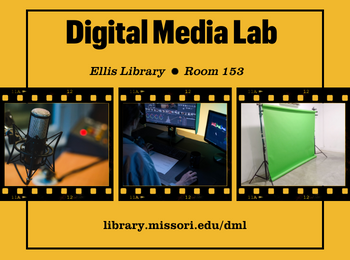

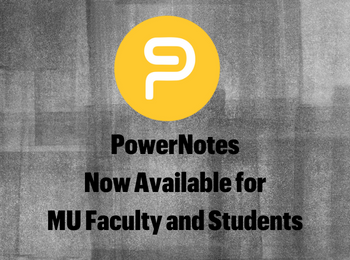
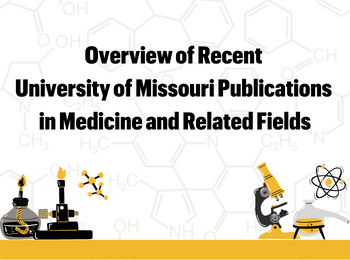
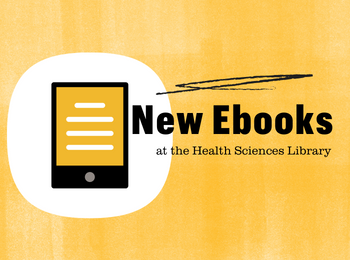
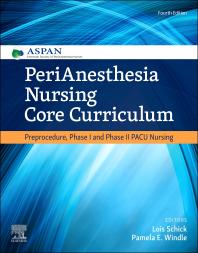
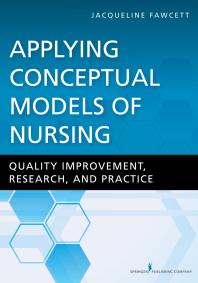 Applying Conceptual Models of Nursing : Quality Improvement, Research, and Practice
Applying Conceptual Models of Nursing : Quality Improvement, Research, and Practice
